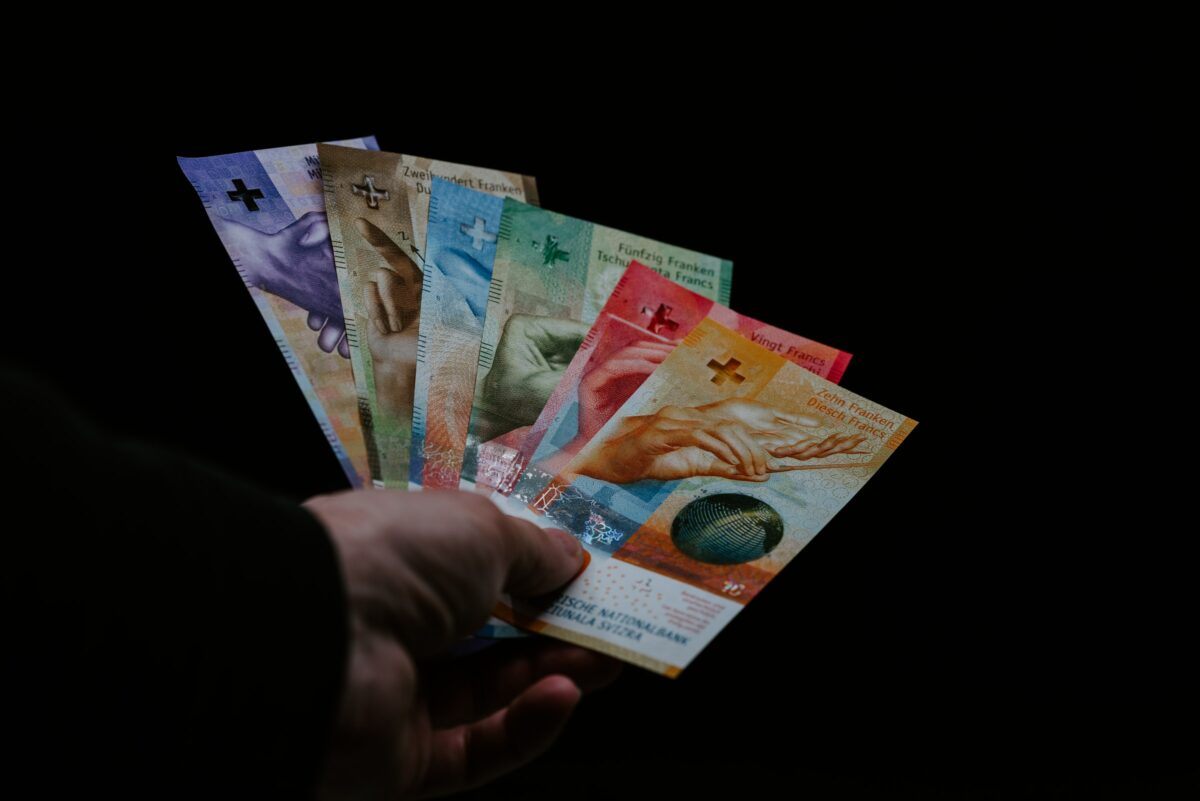Vicky Safra and her children are now owners of Switzerland’s J. Safra Sarasin and Brazil’s Banco Safra.
Vicky Sarfaty had just turned 17 when she married the man who would become the world’s richest banker.
Five decades later, she’s now the guardian of the vast Safra fortune, built over 180 years across three generations and four continents, making her one of the wealthiest women on the planet.
Since Joseph Safra’s death in December, control of some of the family’s most prized assets has passed to his 68-year-old widow and her four children, regulatory filings show. They’re listed as the owners of Switzerland’s J. Safra Sarasin and Brazil’s Banco Safra, two banks with about $90 billion in assets, as well as firms linked to the family’s real estate holdings, which include the Gherkin skyscraper in London and 660 Madison Avenue in New York.
She and her children are worth more than $16.2 billion combined, according to the Bloomberg Billionaires Index. A spokesperson for the family declined to comment on their net worth.
The Safra wealth transfer is one of the largest in history, but it’s also part of a growing trend of ultra-rich families passing on fortunes that are the size of large corporations. The relatives of Petr Kellner and Heinz Hermann Thiele are poised to inherit fortunes worth more than $25 billion after the European entrepreneurs died this year. In South Korea, Hong Ra-hee, the wife of the late Samsung Group Chairman Lee Kun-hee, is now worth more than $7 billion since inheriting some of his stock. Sheldon Adelson’s wife, Miriam, controls a $34 billion fortune after the casino magnate died in January at age 87.
And that’s just the start. Within the next two decades, billionaires will transfer more than $2 trillion, according to UBS Group AG and PwC.
“Only a handful of family enterprises manage to make it past the third generation,” said Roberto Bento Vidal, a partner at Cambridge Family Enterprise Group Brazil, a firm that advises families. “In the Safra’s case, we’re seeing a well-structured process that seems to have been contemplated for a while.”
The Safra banking fortune traces its roots to Aleppo, Syria, where the family set up Safra Freres & Cie in the 1840s to finance camel trade caravans during the Ottoman Empire. It was also the birthplace of Jacob Safra, who moved the family to Brazil in 1953, where he established a company to trade in metals, machinery and cattle, and later created a bank.
Joseph, his youngest son, was studying in England when the family relocated to South America. Years later, he also moved to Brazil after his father’s health started deteriorating. It was there that he met his future wife, whose family, like the Safras, was also Jewish and had emigrated from Greece to Brazil in the 1950s when she was a child. They were married in 1969.
“It was love at first sight, a love that would last until the last moment of his life,“ according to the annual report of J. Safra Sarasin.
Vicky and Joseph Safra had four children (and 14 grandchildren). Jacob, 45, the oldest child, is in charge of international operations for the family business, while the youngest, David, 36, oversees the Brazilian firm. Their father, who had Parkinson’s disease, spent more than a decade grooming them to take over.
They’ll have to steer the family’s banks through a changing financial landscape, facing competition from upstart firms in their traditional lending and wealth-management businesses, as well as proving they can succeed in new endeavors, such as digital banking and payments.
“The challenge will be reshaping the business, adding a modern flair to a very traditional financial institution,“ said Frederico Bastos, a professor at Ibmec, a university in Brazil.
Like her late husband, who rarely gave interviews, Vicky also keeps a low profile.
Her rare public appearances are usually prompted by philanthropic work, including those of the Vicky and Joseph Safra Foundation. She resides in Switzerland and hasn’t lived in Brazil for most of the past decade, according to a person with knowledge of the matter, who asked not to be identified because the matter was private. The Safras declined to comment.
Her brother, Helio Sarfaty, has worked at Banco Safra for four decades and is responsible for the Safrapay payments business. Her sister, Gretta Sarfaty, is a contemporary artist.
The other two Safra children have ventures outside the family’s main businesses. The middle son, Alberto, 41, left the board of the family’s lender in 2019, though he kept his stake in Grupo J. Safra. He created ASA Investments, a financial firm with asset- and wealth-management units. Esther, 44, is an educator and runs the Beit Yaacov school in Sao Paulo, created by the Safra family foundation.
Recent transactions indicate the two brothers involved with the family business are intent on expanding the empire. J. Safra Sarasin recently completed the purchase of Bank of Montreal’s private-banking businesses in Hong Kong and Singapore, while Banco Safra announced in April it was buying Credit Agricole SA’s private-banking and asset-management operations in Brazil.
“I am confident that the group has the scale and strength to meet the needs of our clients for future generations as we look forward to another 180 years of resilience and performance,” Jacob Safra wrote in the J. Safra Sarasin annual report.




